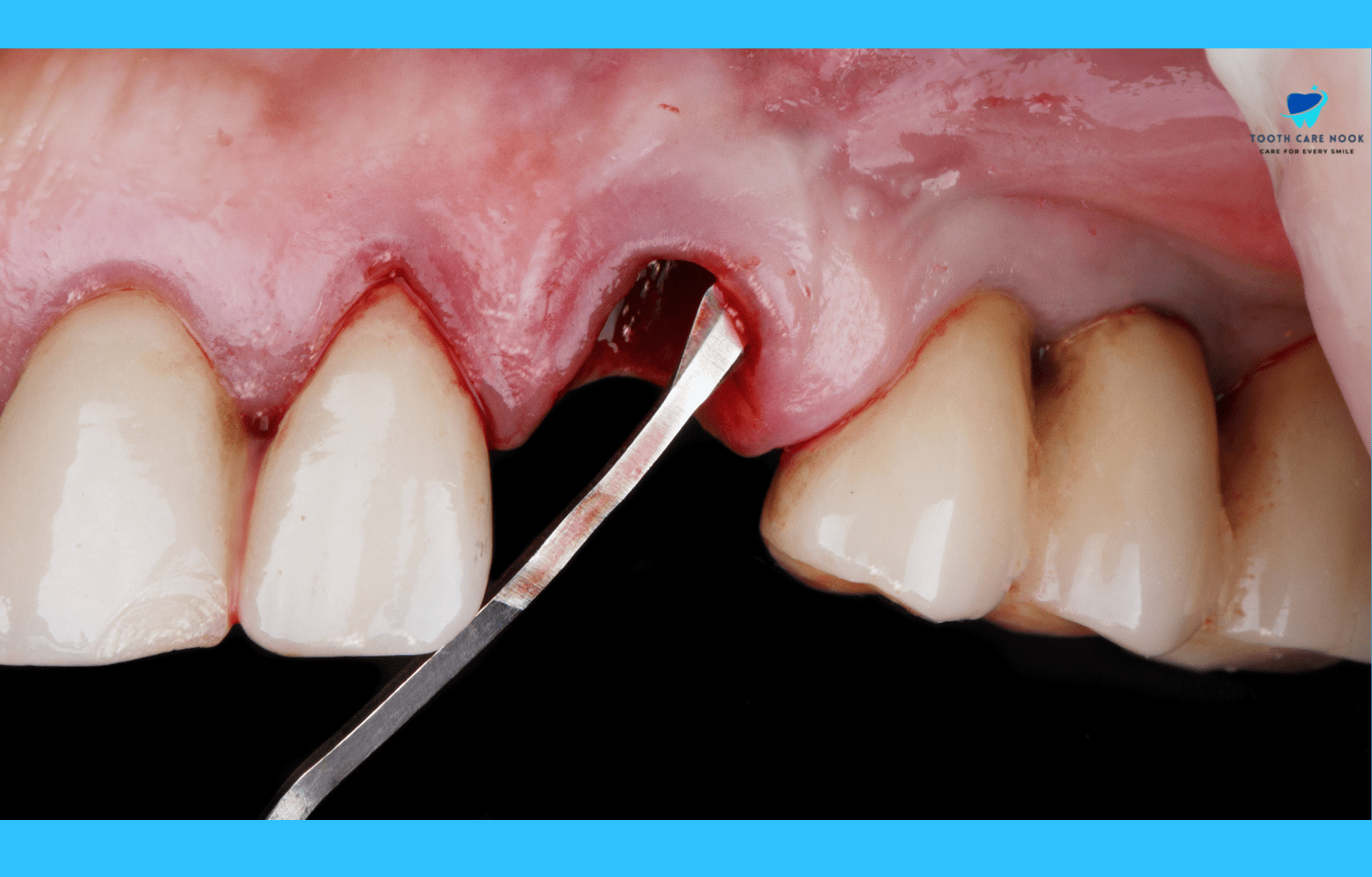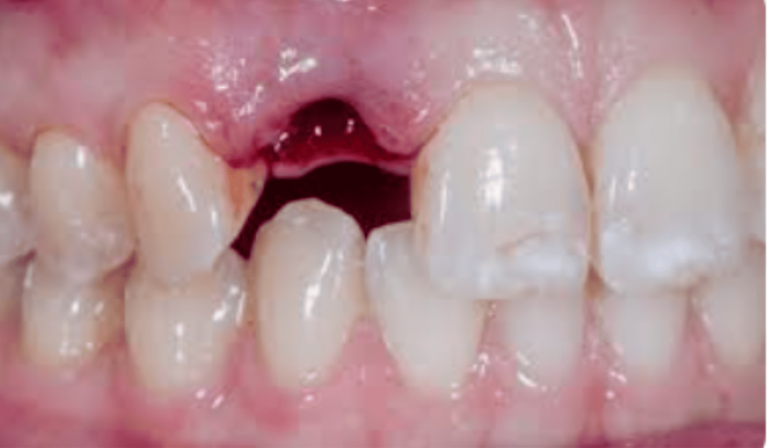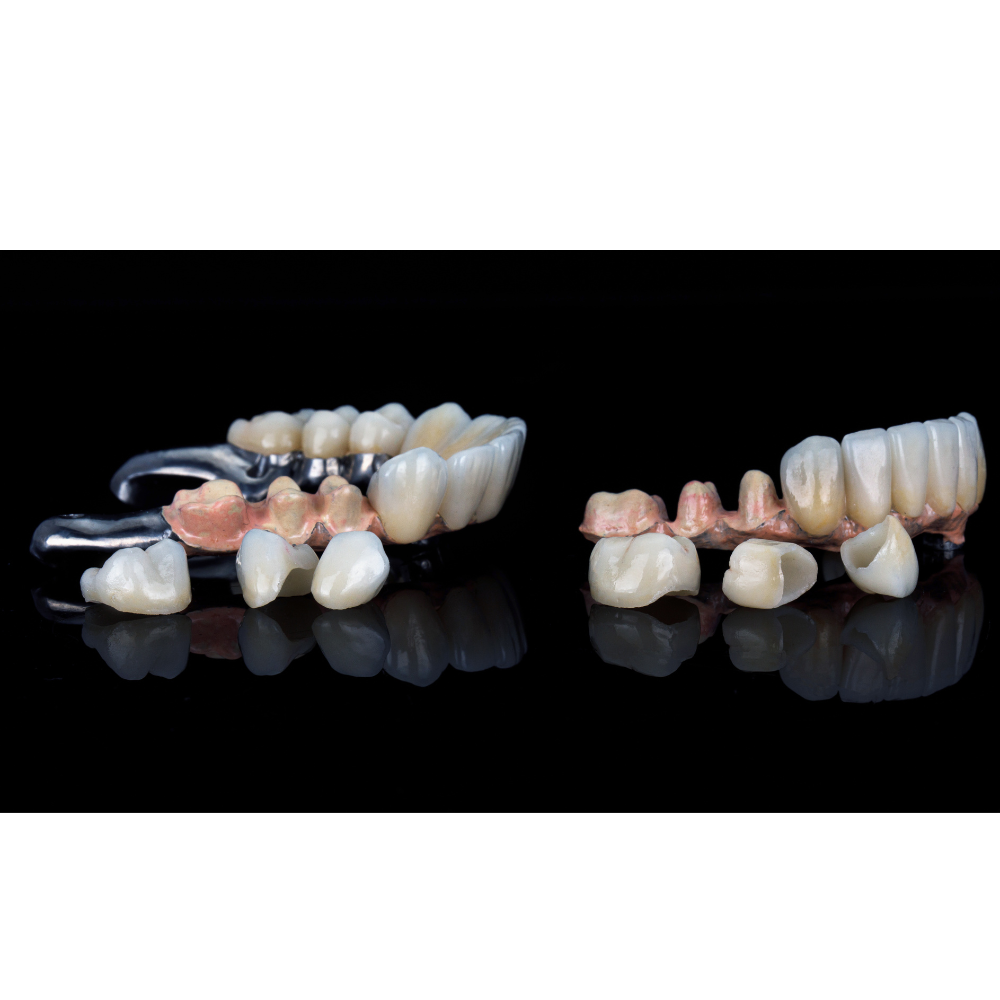Can Loose Teeth Tighten Back Up ? | What Dentists Say
It can be unsettling to deal with loose teeth and it can raise many questions about your oral health. Are you the one worried about loose teeth and not sure what to do next? Knowing whether loose teeth can tighten back up is a common concern, and you’ve come to the right place for answers.
This article will guide you through all the necessary steps and solutions to help your teeth regain their stability. Whether it’s due to injury, gum disease, or other factors, knowing how to address the issue is a must. Let’s start by knowing the causes behind teeth wobbling first.
Causes Of Teeth Wobbling
Gum Disease
Gum disease, or periodontal disease is a common cause of teeth wobbling. Bacterial infection affects the gums and bone supporting the teeth which leads to inflammation and bone loss. As the disease progresses, it can cause teeth to become loose.
Trauma or Injury
Injuries to the mouth from accidents, sports, or biting down on hard objects can damage the teeth and their supporting structures, and teeth wiggling occurs. This trauma can lead to tooth mobility which causes them to wobble.
Bone Loss
Osteoporosis or other conditions that lead to bone density loss can affect the jawbone. When the jawbone weakens, it cannot provide adequate support for the teeth which results in wobbling.
Orthodontic Issues
Improper alignment or spacing of teeth can sometimes lead to instability. When teeth are not properly aligned, they cannot have sufficient support from neighboring teeth which causes them to wobble.
Can Loose Teeth Tighten Back Up?
Yes, loose teeth can tighten back up but it depends on the cause and the severity. If the looseness is due to gum disease or minor trauma, professional dental treatment, and improved oral hygiene can help the gums and bone heal which allows the teeth to stabilize.
However, if there is significant bone loss or severe damage, the prognosis can be less favorable, and more intensive treatments can be necessary.
Preventions For Shaky Tooth
Here are some preventions for shaky teeth:
Control Diabetes:
If you have diabetes, keep it well-managed. High blood sugar levels can contribute to gum disease which increases the risk of loose teeth.
Treat Infections Timely:
If you notice signs of a tooth or gum infection like swelling, pain, or redness get dental treatment immediately. Early treatment can prevent the infection from worsening and affecting tooth stability.
Stress Management:
High-stress levels can lead to habits like teeth grinding and poor oral hygiene. Practice stress-reducing activities like yoga, meditation, or exercise to maintain overall health and protect your teeth.
Avoid Alcohol and Drugs:
Excessive alcohol and recreational drug use can negatively impact oral health which leads to gum disease and tooth loss. Limit alcohol consumption and avoid illicit drugs.
Use Antibacterial Mouthwash:
Regular use of an antibacterial mouthwash can help you control the buildup of plaque and bacteria. This reduces the risk of gum disease and loose teeth.
Wear Retainers:
If you’ve had orthodontic treatment wear your retainer as instructed to maintain teeth alignment and prevent shifting that can cause looseness.
Chew Sugar-free Gum:
Chewing sugar-free gum stimulates saliva production which helps wash away food particles and neutralize acids that can harm your teeth.

Calcium and Vitamin D Supplements:
Make sure to take adequate calcium and vitamin D either through diet or supplements, to support strong bones and teeth. These nutrients are very important for maintaining the structural integrity of your teeth and jawbone.
What To Do If A Permanent Tooth Is Loose
Here are the steps you can follow if a permanent tooth is loose:
Avoid Using the Tooth:
Do not chow or put pressure on the loose tooth. This can prevent further damage and reduce the risk of the tooth becoming more unstable or even falling out.
Consider a Splint:
Your dentist can recommend a dental splint, which involves bonding the loose tooth to adjacent teeth for added stability. This temporary measure allows the tooth to heal and reattach to the surrounding bone.
Proper Nutrition:
Eating a balanced diet rich in vitamins and minerals can support oral health. Foods high in calcium and vitamin D are particularly beneficial for strengthening teeth and bones.
Vitamin C Intake:
Increase your intake of vitamin C which is essential for healthy gums and tissue repair. Citrus fruits, strawberries, and leafy greens are excellent sources of vitamin C.
Will Loose Gums Tighten?
Yes, loose gums have the potential to tighten over time. This tightening process can occur naturally as the gums heal and regenerate. Maintaining good oral hygiene practices, such as regular brushing, flossing, and dental check-ups, can support gum health and aid in the tightening process.
How To Tighten Gums Around Loose Tooth?
The following are some ways to tighten gums around loose teeth:
Antimicrobial Mouthwash:
Rinse with an antimicrobial mouthwash to reduce bacterial growth and inflammation which promotes gum health and firmness.
Saltwater Rinse:
Gargle with warm salt water to reduce swelling and promote healing of gum tissue. This aids in tightening loose gums.
Apply Aloe Vera Gel:
Apply a small amount of aloe vera gel directly to the gums to reduce inflammation and support gum tightening.
Gum Graft Surgery:
In severe cases, a gum graft procedure may be recommended to cover exposed tooth roots and tighten loose gums.

FAQs
How Long Does A Loose Tooth Take To Heal?
It depends on the cause of the looseness and your situation. Natural shedding takes weeks to a few months. This is the normal process for baby teeth to make way for adult teeth. A loose tooth might firm up within a few weeks with proper care, especially if caused by minor gum issues.
Can A Dentist Tighten A Loose Tooth?
Yes, a dentist can tighten a loose tooth. Dentists use various methods to stabilize and secure loose teeth. It depends on the cause of the looseness. Common treatments include splinting, where the loose tooth is bonded to adjacent teeth for support, and deep cleaning to remove plaque and tartar that may be causing gum disease.
What If My 7-Year-Old Has A Loose Permanent Tooth?
If your 7-year-old has a loose permanent tooth, you must consult a dentist immediately. This could be due to an injury, gum disease, or another underlying issue. The dentist can assess the situation and provide the appropriate treatment to ensure the tooth is stabilized and the surrounding oral health is maintained.
Can Weak Teeth Become Strong Again?
Yes, weak teeth can become strong again with proper care. Strengthening weak teeth involves maintaining good oral hygiene practices, such as regular brushing with fluoride toothpaste, flossing, and using mouthwash.
Can Salt Water Tighten Loose Teeth?
Saltwater cannot directly tighten loose teeth. But, rinsing with salt water can improve oral health by reducing inflammation and killing bacteria, which might help if the looseness is due to gum disease. It should be used as a supplementary measure alongside proper dental care and professional treatment from a dentist.



